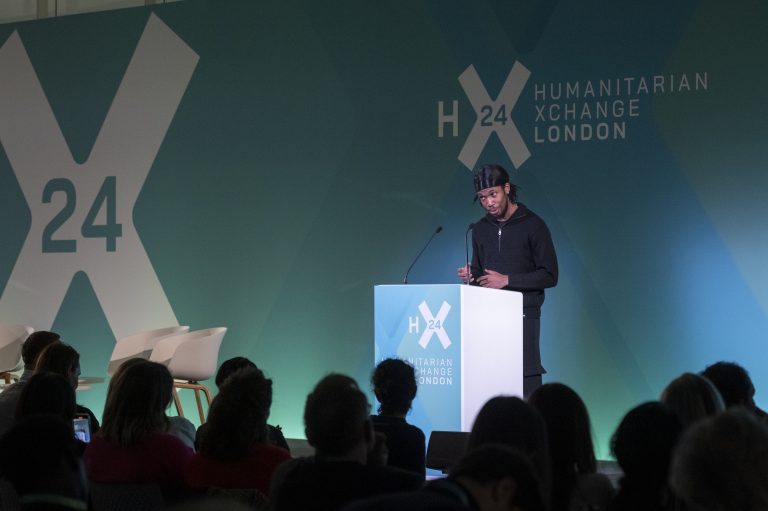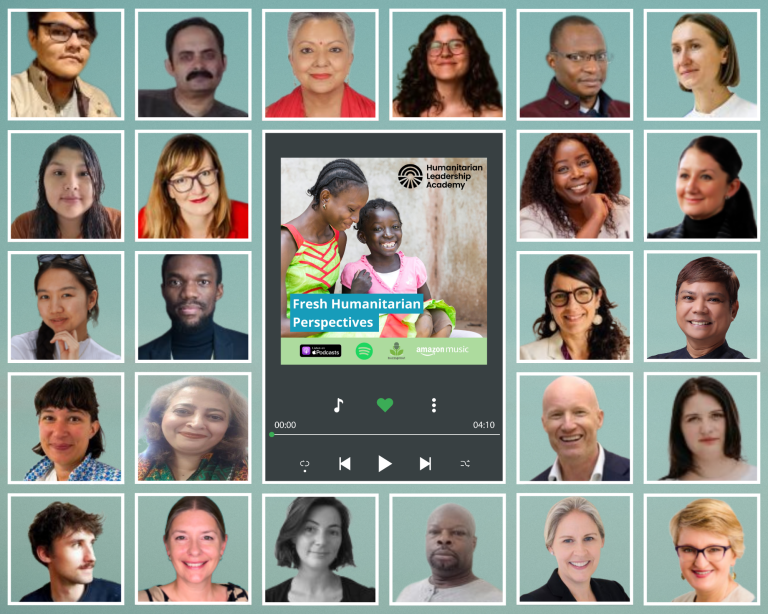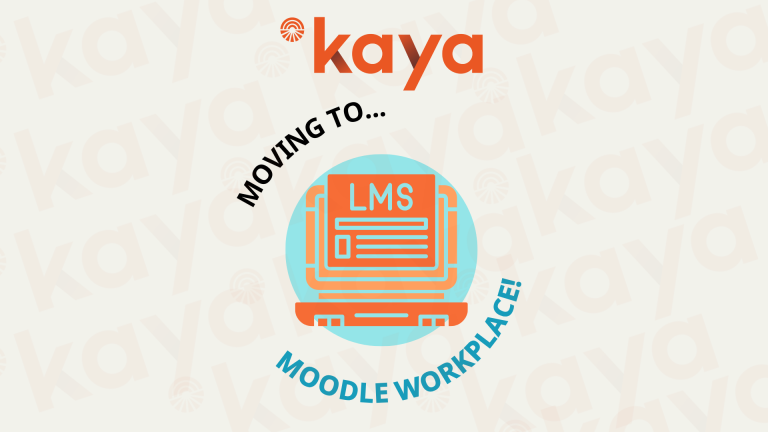The Balkans Migration and Displacement Hub (BMDH), with the support of the HLA, held a Humanitarian Xchange (HX) workshop ‘Building Resilience in the Context of Protracted Crises’. The HLA collaborated with the BMDH to implement knowledge-sharing and capacity-strengthening activities to enhance our ability to address prolonged crises. The three-day HX workshop aimed to foster cooperation and exchange of experience between professionals working in different countries with diverse migration and displacement contexts.
The Balkans Migration and Displacement Hub is a programme initiative within the Save the Children North West Balkans Country Office that monitors trends in displacement and migration in the Balkans, researches topics of importance for children, documents and promotes good programming practices, and acts as a knowledge hub both within the Save the Children movement and externally.
The workshop convened representatives of 19 organisations, including NGOs and CSOs from Ukraine, Poland, Serbia, Moldova, the HLA Eastern Europe Regional Centre, and representatives of the Save the Children member and country offices from Ukraine, Romania, North West Balkans, Sweden, Norway and Italy.
The HX workshop in Sarajevo highlights the transformative power of convening spaces to encourage collaboration, peer-to-peer learning, and regional exchange. By uniting diverse voices and experiences from across Europe, HLA, this time in partnership with BMDH, is proud to create platforms where local partners can strengthen resilience, share innovative solutions, and work together to tackle the complex challenges of humanitarian crises.
“We envisaged the workshop as an opportunity for professionals working in the humanitarian and development sector in the Balkans and Eastern Europe to connect, exchange and learn from each other. These regions, being historically and geographically distinct, lack connectedness and interchange, although they share many common challenges, including in governance and consolidation of the democratic institutions. The exchange was directed towards strengthening ability to support children and families in migration and displacement, which is something that countries in the Balkans have a lot of experience in, and addressing prolonged crises, particularly in complex political environments in conflict, post-conflict countries and countries with history of authoritarian rule”, says Jelena Besedic, BMDH Programme Director.
“In line with Save the Children’s global initiative on shifting power and localisation, we geared the activities toward engaging a variety of NGO partners, with a focus on smaller national NGOs, grassroots organisations and networks, and opened space for discussion on how international NGO stakeholders, such is SCI, can meaningfully support civil society eco-systems facing shrinking space for action”, Besedic adds.
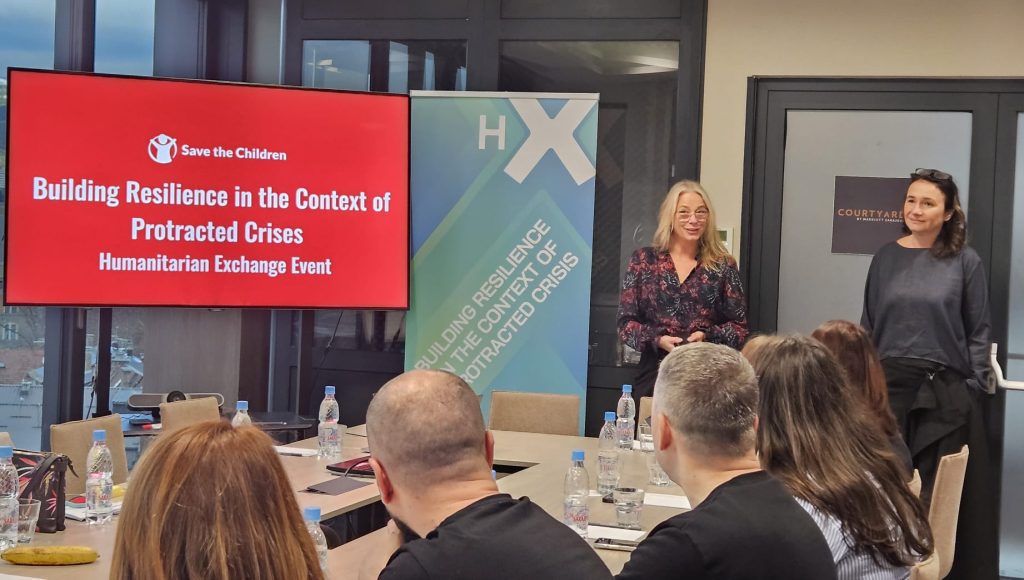
On the first day, participants focused on identifying the major challenges that local organisations face when working with INGOs and non-traditional actors, and when working with one another. While also pointing out the advantages of such cooperation, participants worked in groups to generate solution ideas to address the discussed issues. Networking and effective communication were emphasised as the most important factors across the groups.
Cooperation with the actors outside the humanitarian sector:
- Exchanging clear Memorandum of Understanding and Terms of Reference to align priorities
- Using unified language and narratives
- Clearly dividing responsibilities and roles
- Ensuring funding for research to ensure evidence-based advocacy
Work with INGOs:
- More field visits and exchanges to understand the local context and daily workload
- More flexibility from INGOs’ side
- Timely funding
- INGOs to support inclusivity across programmes
- INGOs to support local actors in fundraising
Cooperation between local NGOs:
- Exploring new tech to anticipate and coordinate in a better way
- Investing in networks to be better prepared for crises.
We discussed the experiences of organisations from different countries and recommendations for overcoming the challenges we face. One recommendation that participants should take away is to strategically plan activities not only to help people directly but also to have an impact on the system.
One of the main topics of the second day of the workshop was advocacy. Joining online, Federica Toscano, Senior Migration Advisor from Save the Children Europe, addressed the advocacy work in the EU in the context of protracted crises. As local organisations often struggle to reach out to the stakeholders and decision-makers, the session provided tips and strategies that they can use when trying to engage the EU institutions, bodies and agencies. The focus was made on operating in a climate where public opinion and authorities’ position on refugees, migrants, and the response to the war in Ukraine changes across Europe.
The “Advocacy Deep Dive” session opened new horizons on how to build dialogue with the EU to strengthen support for those affected by war. It’s not just about policy. It’s about the lives of every individual forced to leave their home. Even in the most challenging conditions, communities can and should be the driving force of change if we believe in their power and provide them with support. Advocacy is our path to a stronger, more resilient Ukraine.
The session on advocacy in the EU was also very important for me. As an organisation from a small country, we feel like we should advocate for children’s human rights not only on the national but also on the EU level.
Niccolò Gargaglia, Head of the Unit of Protection of Migrant Children at Save the Children Italy Country Office, shared his experience working with migrants in a protracted crisis. He addressed the mitigation strategies for the common challenges such as donor fatigue and reduction in available funding, difficulties in cooperation with authorities and stakeholders, maintaining quality and effective programming in a changing environment as well as focusing on relevant needs, and avoiding overlapping in activities.
“If you have only one mitigation strategy and the context changes, that strategy will fail. That is why it is crucial to prepare different strategies. Strategic financial planning and functional partnerships are crucial in a complex, long-lasting crisis. It is important to understand that you can’t do anything alone. Partnerships can be the key to improving your capacity to support people, to have a dialogue with authorities, and to find smart solutions to your problems and challenges. Often, when we try to coordinate intervention with other organisations, we start the discussion focusing on activities. But I suggest starting with the objectives. If you reflect on objectives first, it can be easier to find the proper way to coordinate a complex intervention”, highlights Niccolò.
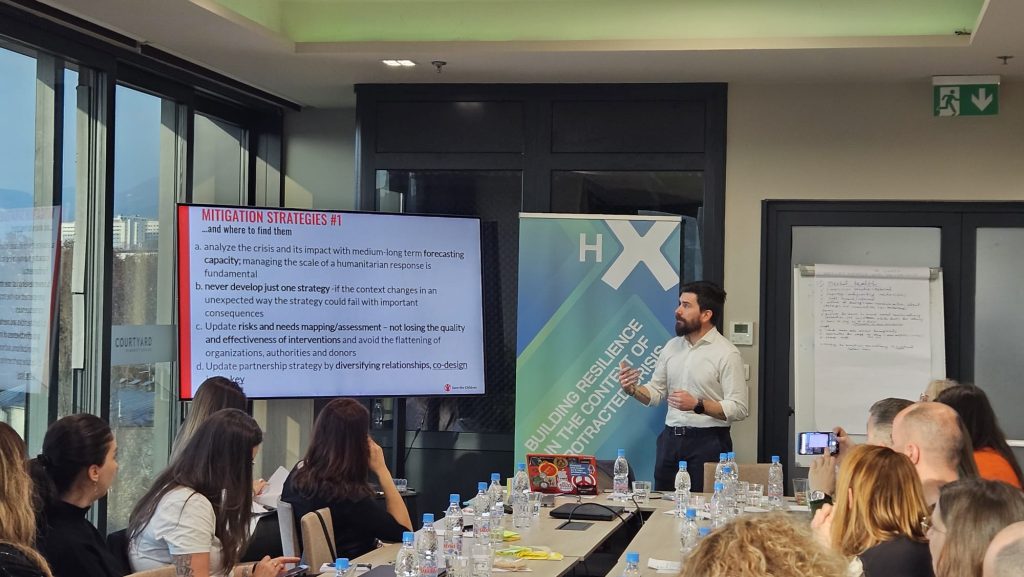
In groups, the participants discussed the scaling up and scaling down activities in humanitarian response with displaced people, migrants and refugees. They noted the importance of participating in working groups, engaging local communities and prioritising needs assessment when scaling up the response. Talking about challenges, the group highlighted bureaucracy difficulties, which often don’t let migrants and refugees with needed skills and knowledge take an active role in the response. Supporting social entrepreneurship and informing society and government about the scale of activities was mentioned as a significant part of scaling down the response.
I was interested to hear how different organisations are coping with changes in development and humanitarian work and grasping the nexus problem of the constant need to scale up and down. It was valuable to learn about the experiences of others, for example, decades of experience and knowledge of coping strategies of Serbian organisations working with migrants and refugees. Networks and collaborations are the fundamentals of systemic sustainability for organisations.
As the issue of burnout is quite common among humanitarians working in protracted crises, the workshop was wrapped up with the mental health and staff wellbeing session. The developed open dynamic within the group allowed the sharing of personal experiences, concerns and struggles, as well as needs and suggestions. Analysing adaptive and maladaptive coping mechanisms and practical scenarios was aimed to find ways of addressing stress and burnout.
This topic [of wellbeing] touched me a lot, because I can see how we have the same experience of stress and burnout in the humanitarian sector. This is a big problem for people who are helping others.
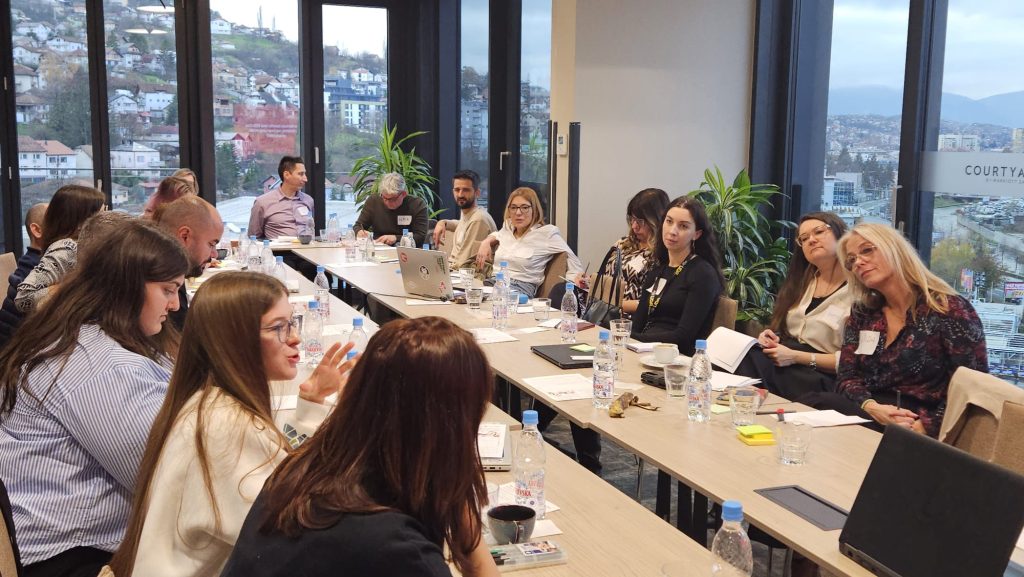
The event provided a unique networking opportunity and exchange of practical knowledge. As the organisations in the Balkan region have been responding to a complex, protracted crisis, including people on the move support, for about three decades, their experience was invaluable for their peers from Eastern Europe.
We appreciated the opportunity to share our experience in reshaping our activities in the transition from the humanitarian response into a development programme, to ensure continual access to support for children in migration and displacement in Serbia. Every discussion with colleagues is also a great opportunity for us to reflect and learn something new from our experience. Meeting colleagues from Eastern Europe is exciting as we don’t meet or exchange on many occasions, and we hope that these connections will last and that we’ll continue to meet and exchange in future.
I liked learning about the work of other organisations the most. I was especially interested in hearing the presentation from the Serbian organisation Centre for Youth Integration (Centar za integraciju mladih). They do a lot of inspiring work with children on the move, creating safe spaces for them. I am looking forward to sharing these stories and examples with my colleagues. Also, I hadn’t met some of the colleagues from Ukraine before! It was the first time we met, and now we have established a good connection.
“We need more spaces to share and learn from each other within the humanitarian system. The platform for sharing and learning that we established with the Balkan Displacement and Migration Hub, where key Civil Society Organizations (CSOs) from Eastern Europe can connect and learn from CSOs working in Balkan countries is invaluable. This is key to building resilience and adopting new, innovative approaches to providing humanitarian assistance in the region”, emphasises Piotr Kolodziej, the HLA’s Regional Lead in Eastern Europe.
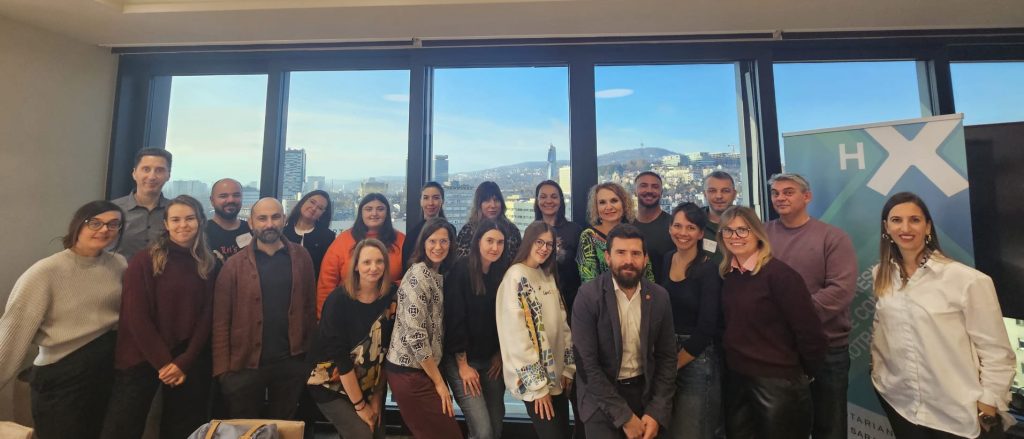
The inaugural Humanitarian Xchange (HX24) event was held on 20 February in London, UK and was named Best Charity Event/Event for Positive Change in the Conference and Event Awards.
The Locally-led Humanitarian Action Conference | HX Gaziantep, held on 14 – 16 October in Gaziantep, Türkiye, created a convening space and fostered dialogue in the Turkish and Syrian humanitarian community.
Visit the HX website to learn more.
